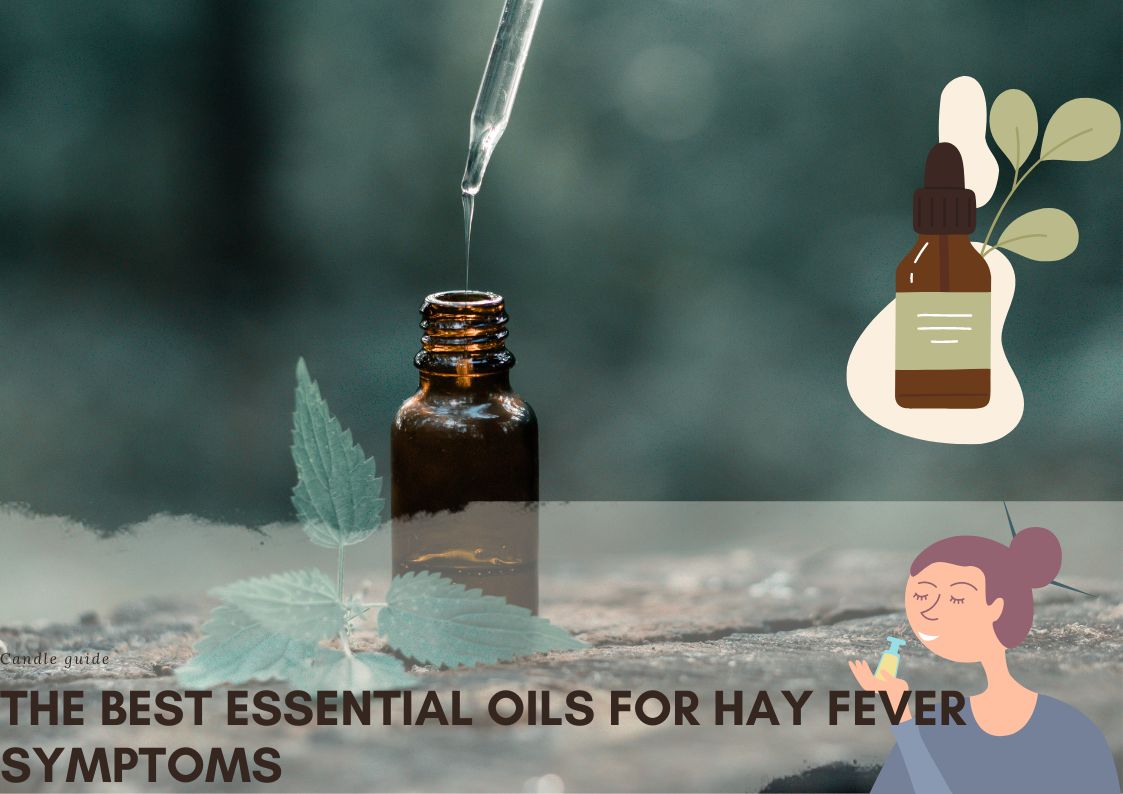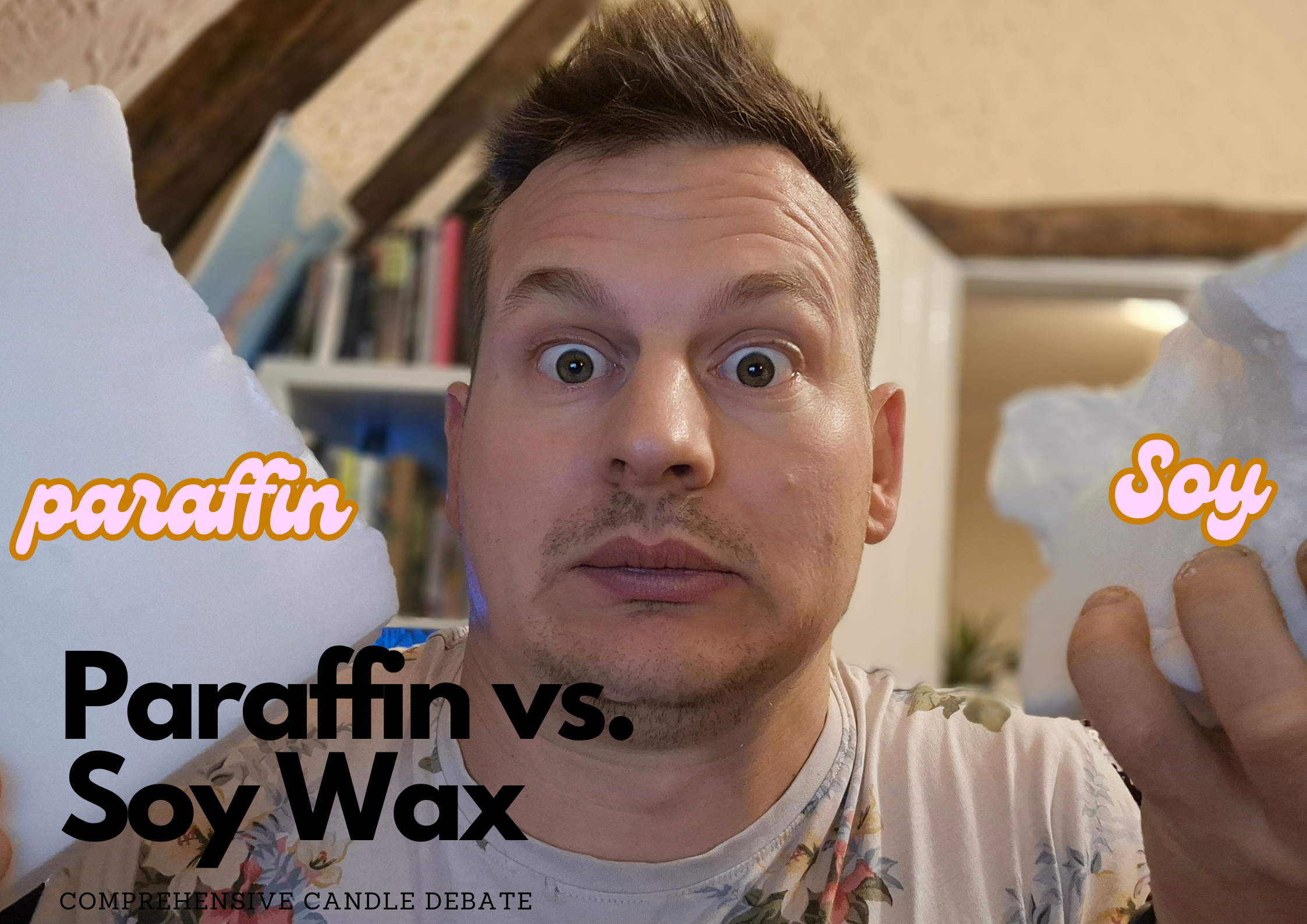The Best Essential Oils for Hay Fever Symptoms
Sep 28 , 2022
Essential oils are very versatile, natural scents that can be used to add a beautiful fragrance to your home or even in household cleaning. However, essential oils have been lauded for treating hay fever symptoms or allergic rhinitis. Containing anti-inflammatory and antihistamine properties, essentials are the perfect way to treat symptoms of this allergy.
Can Essential Oils Treat Hay Fever Symptoms?
While they don’t exactly help treat hay fever itself, essential oils can most definitely be used to manage symptoms of this allergy. Quite a few essential oils contain anti-inflammatory attributes that can help relieve hay fever symptoms either when used alone or with the support of over-the-counter drugs.
Hay fever is caused by dust or pollen entering your mouth, eyes or nose, causing your mucus membrane to become inflamed. This can cause a runny nose, sneezing, swollen eyes, or even nasal congestion. These afflictions can be soothed using essential oils known for their anti-inflammatory properties.
What Essential Oils Help With Hay Fever Symptoms?
- Lemon Essential Oil: As lemon is a citrus oil, it contains anti-inflammatory properties that can help clear your sinuses and reduce nasal congestion. Lemon oil is also antibacterial, so diluting it with water and spraying it around the room will break down any pollen that might trigger this hay fever attack. Lemon oil might make your skin sensitive when applied topically, so it’s best to avoid the sun when using this oil.
- Frankincense Oil: As this essential oil is anti-inflammatory, it helps clear any stuffiness you might experience and reduces other symptoms. It can also be used to eliminate dust mites and any pet dander, as it is also a disinfectant.
- Eucalyptus Essential Oil: Eucalyptus Oil helps reduce the inflammation that hay fever causes. It also helps with nasal congestion, as it produces a cooling effect when applied, making breathing easier.
- Tea Tree Essential Oil: Due to its anti-inflammatory properties, tea tree oil helps reduce any sinuses that may be caused by hay fever. It also helps disinfect the air and destroy any allergy triggers like mould.
- Roman Chamomile Essential Oil: With antihistamine effects, this oil can help soothe sinuses and clear up mucus, helping open up a blocked nose. This is especially great as it can be used on children and aids sleep.
- Lavender Essential Oil: Lavender Oil is especially useful in relieving symptoms like runny noses and itchy eyes, as it has antihistamine properties. It is also great to use as an aid while sleeping and reduces swelling, irritation and mucus build-up.
- Peppermint Essential Oil: The high menthol content in peppermint oil is essential in helping reduce stuffy noses and clearing mucus. Its soothing properties help reduce inflammation and ease breathing. However, it is toxic for dogs, so caution must be exercised.
- Rosemary Essential Oil: Rosemary oil’s mucolytic properties help reduce congestion by clearing up the nasal cavity. It can also soothe the body’s response to pollen, which causes hay fever.
The best ways essential oils can be used are through diffusion, topical application, nasal inhalers, and steam inhalation. While these essential oils can be used to manage and soothe hay fever symptoms, it is important to remember that they are not a replacement for over-the-counter drugs. It is best to ask for your doctor’s advice before use.





